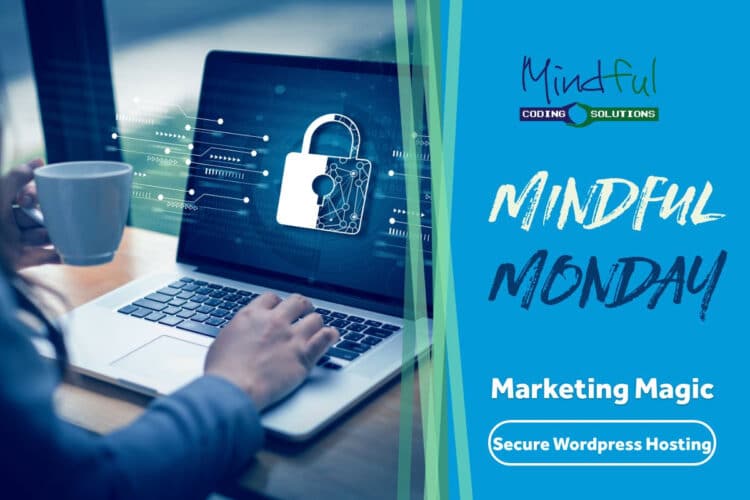Over 10 years we helping companies reach their financial and branding goals. Onum is a values-driven SEO agency dedicated.
Website security risks can significantly impact your online presence and business operations. Understanding these risks is crucial for any organization that operates a website, as they can lead to data breaches, loss of customer trust, and financial losses.
Common website security risks include malware infections, SQL injection attacks, and cross-site scripting (XSS). For instance, a malware infection can compromise sensitive data, while SQL injection can allow attackers to manipulate your database. Regular security assessments and updates are essential to mitigate these risks and protect your website.
Choosing a secure hosting provider is one of the most critical steps in ensuring your website's security. Secure hosting services offer features like firewalls, encryption, and regular backups, which help safeguard your site against potential threats.
For example, a managed WordPress hosting provider typically includes security features such as automatic updates and malware scanning. By opting for a hosting solution that prioritizes security, you can significantly reduce the likelihood of cyberattacks and ensure a safer online environment for your visitors.
SSL certificates are essential for securing data transmitted between a user's browser and your website. They encrypt sensitive information, such as login credentials and payment details, ensuring that it remains confidential and protected from eavesdroppers.
In addition to enhancing security, having an SSL certificate can improve your website's credibility and search engine ranking. Many users look for the padlock symbol in the address bar as a sign of trust, and search engines like Google prioritize secure sites in their rankings, making SSL a vital component of your overall web strategy.
Conducting regular security audits is a proactive approach to identifying vulnerabilities in your website. These audits help ensure that all aspects of your site, from software to plugins, are up-to-date and secure against potential threats.
Moreover, keeping your website updated with the latest security patches and features is crucial in combating emerging threats. For instance, outdated plugins can be a common entry point for attackers, so regularly reviewing and updating your website’s components can greatly enhance your overall security posture.
